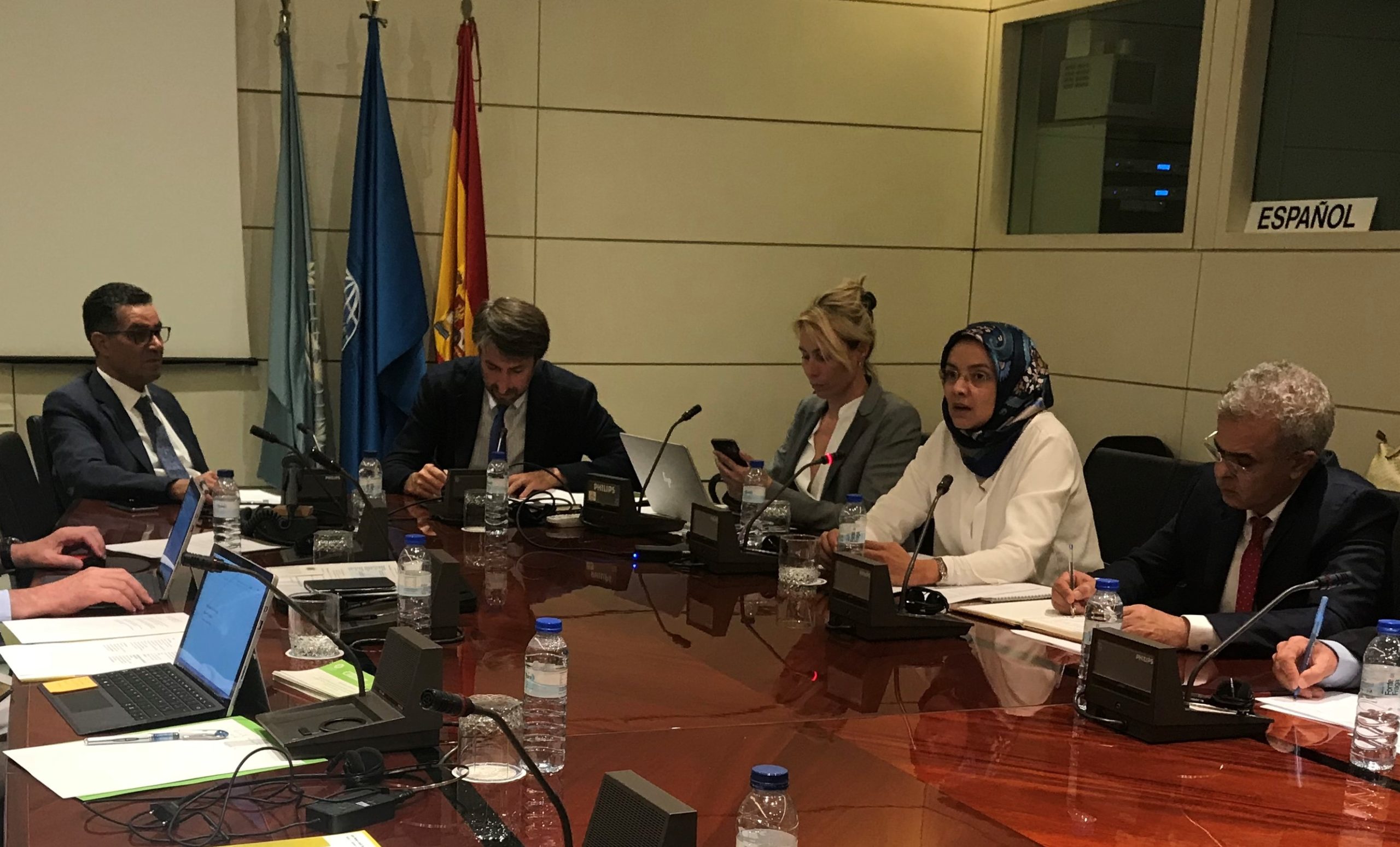

The website of the International Olive Council

Le directeur exécutif du Conseil oléicole international (COI) a inauguré la 13ᵉ édition de la World Olive Oil Exhibition (WOOE) à Madrid le 3 mars, l’un des principaux rendez-vous internationaux du secteur de...

L’organisation réaffirme son engagement auprès du secteur oléicole italien La semaine dernière, le Conseil oléicole international (COI) s’est rendu dans les Pouilles, principale région productrice d’huile...

Le directeur exécutif adjoint du Conseil oléicole international (COI), Abderraouf Laajimi, a pris part à la deuxième édition de SOL Expo, qui s’est tenue à Veronafiere, à Vérone du 1er au 3 mars 2026. Une présence...
Discover how the Mediterranean Diet inspires contemporary cooking.
Explore this collaboration between the International Olive Council and The Culinary Institute of America, designed to promote healthy, sustainable and flavourful food choices, with a strong focus on technical training and menu innovation for chefs.


Le COI et l’Université de Navarre, à travers l’OHIS (de l’anglais Olive Health Information System), une plateforme dédiée à la recherche sur les propriétés de l’huile d’olive et des olives de table sur la santé, publient chaque semaine ou toutes les deux semaines un recueil d’articles scientifiques et une synthèse des recherches menées dans ce domaine.
Ces articles mettent en lumière les nombreux bienfaits de ces produits pour la santé.
Vous pouvez lire les résumés de ces recherches ici en français, anglais et espagnol et accéder à la liste des articles, ou visiter le portail OHIS.
Pour toute assistance, veuillez contacter iooc@internationaloliveoil.org.
Access the sustainability portal developed in collaboration between the IOC, the University of Jaén and the Instituto Universitario de Investigación en Olivar y Aceites de Oliva.
Explore research, tools and knowledge supporting sustainable olive growing and responsible production practices.